Got a Property Eating Away Your Energy and Peace?
Why Wholesale Investors Could Be A Distressed Seller’s Best Friend!
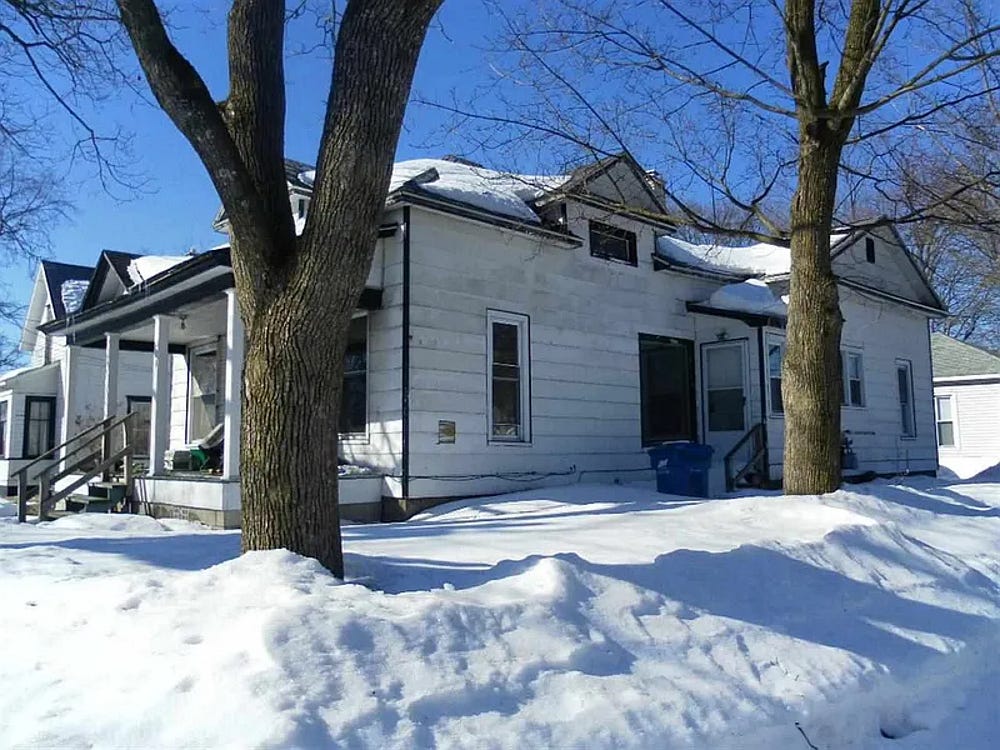
The Real Estate Heros for Stressed Out Homeowners.
Owning a distressed property can feel like carrying a boulder uphill. Whether it’s a home with a sagging roof, a foreclosure notice piling on the pressure, or tenants who’ve turned your rental into a warzone, the stress is real.
Broken homes, bad tenants, or the constant drain of a property that’s more liability than asset can rob you of your peace. If this sounds like you, you’re not alone — and there’s a solution you may not have fully explored: real estate wholesaling.
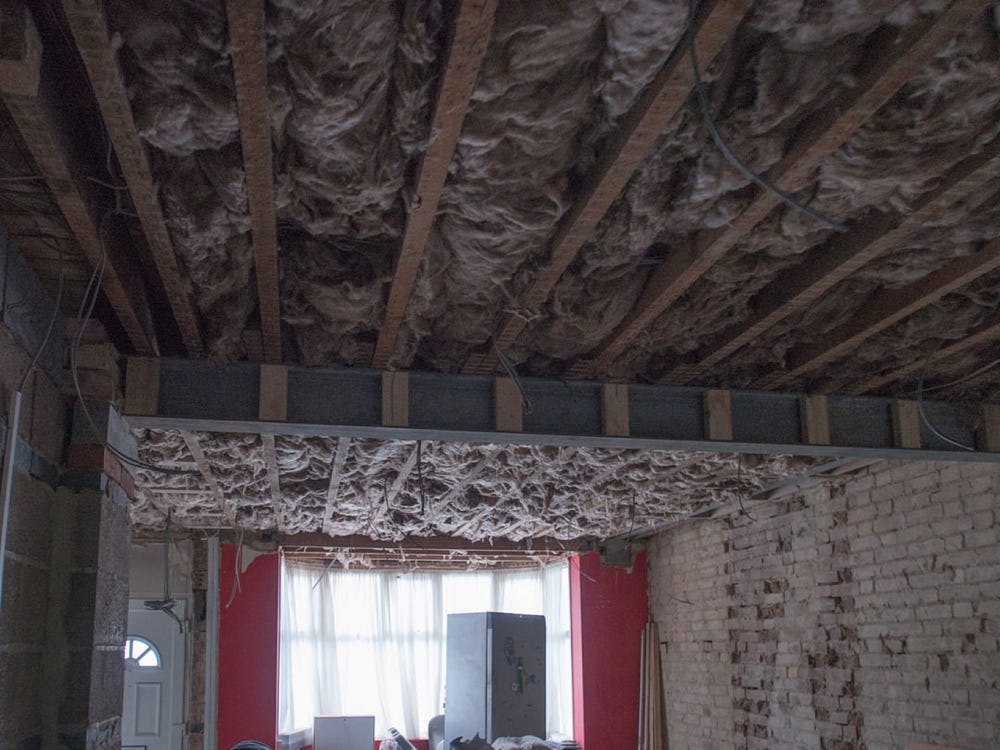
Disclaimers!: The Real Estate HUB is an Amazon & Sovrn Commerce affiliate. Some links in this article will take you to products and we may earn a commision at no extra cost to you. Furthermore, The Real Estate HUB and its affiliates are not Licensed Financial Advisors, Consultants, nor are lawyers or attorneys at law. The Real Estate HUB is also not a licensed broker. Please DYOR and speak to professionals. We claim no responsibility for any financial or legal decisions you make.

https://medium.com/@TheRealEstateHUB/subscribe
At The Real Estate HUB, we’re pulling back the curtain on this lesser-known industry to show you how wholesalers can be your lifeline. In this article, we’ll dive deep into what wholesaling is, how it works, why it often beats working with traditional real estate agents, and what creative options like seller financing can offer.
We’ll also break down all your options as a homeowner and detail the costs of listing with an agent.
Our goal is to empower you to make the best, and right choice for your situation and reclaim your life!
What Is Real Estate Wholesaling?
And Why Might It Be A Fit For You?
Real estate wholesaling is a problem-solving strategy designed for properties that don’t fit the traditional market.

Think of a wholesaler as a connector: they find distressed or challenging properties — like homes needing major repairs, facing foreclosure, or tied up with problem tenants — and match them with investor buyers who specialize in these situations.
Unlike real estate agents, who focus on listing homes for retail buyers (families looking for move-in-ready properties), wholesalers operate in a niche where speed, flexibility, and creativity are king.

Here’s a detailed look at the wholesale concept:
- The Players: You (the homeowner), the wholesaler (the deal facilitator), and the investor (the end buyer, often an investor, cash buyer/ flipper).
- The Goal: To sell your property quickly, as-is, without the hassle of repairs, showings, or lengthy market waits.
- How It’s Different: Wholesalers don’t list your home on the Multiple Listing Service (MLS). Instead, they use their network of investors — flippers, landlords, or developers — who are ready to buy properties that traditional buyers avoid.
- The Payoff: Wholesalers earn a fee (called an assignment fee) by connecting you with the investor. You get a fast sale, and the investor gets a property with profit potential.
Wholesaling is particularly powerful for homeowners facing urgent or complex situations.
For example, if your home has a lien, is in pre-foreclosure, or requires $50,000 in repairs, a wholesaler can step in where retail buyers (and their lenders) won’t touch it.
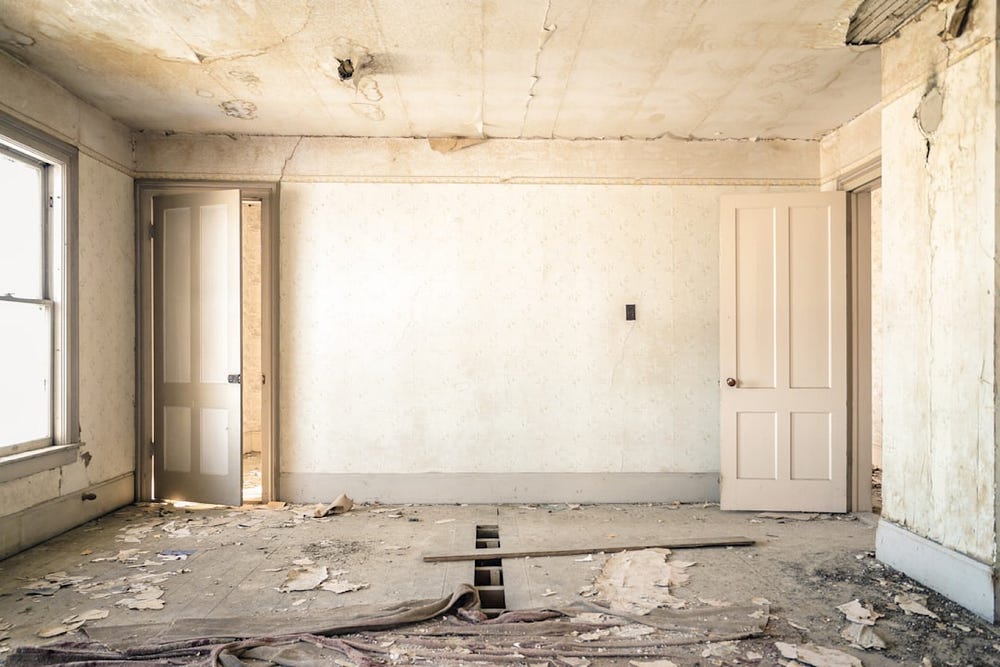
It’s a win-win for sellers who need relief and investors who thrive on finding opportunity to help.
How Does Wholesaling Work?
Wholesaling is a streamlined process, but it’s worth understanding the nuts and bolts to see why it’s so effective for distressed sellers.

Here’s a step-by-step breakdown with added depth:
You Reach Out (or They Find You):
- You might contact a wholesaler after seeing their “We Buy Houses” signs, online ads, or direct mail.
- Alternatively, wholesalers often research public records to find distressed properties in pre-foreclosure or with tax liens, then reach out to owners.
- You’ll share details about your property: its condition, location, mortgage balance, and why you’re selling like bad tenants, costly repairs, or divorce. This helps the wholesaler understand your needs and timeline.
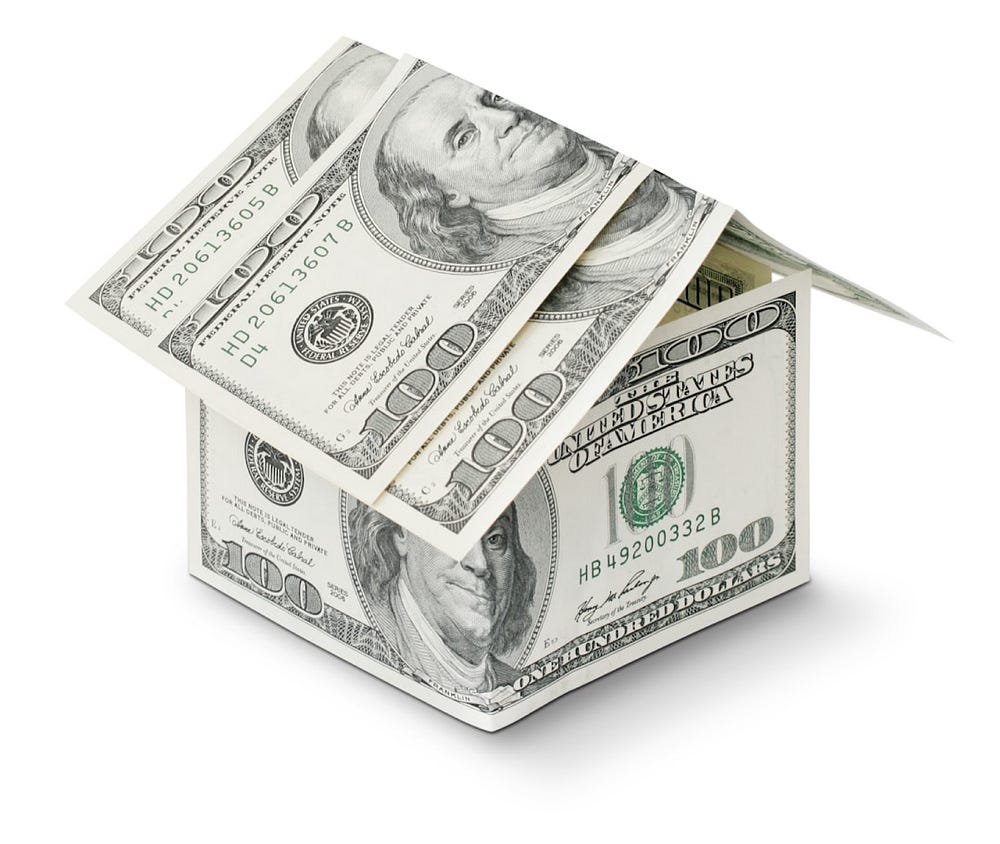
Property Evaluation:
- The wholesaler schedules a visit to assess the property, usually within a day or two. They’re not judging your cluttered garage or outdated wallpaper — they’re calculating the home’s “after-repair value” (ARV) and the cost of needed repairs.
- For example, if your home’s ARV is $200,000 but needs $60,000 in repairs (new roof, HVAC, mold remediation), the wholesaler factors in the investor’s profit margin (typically 10–20% of ARV) to determine a fair offer.
- They may also review comparable sales (“comps”) and local market trends to ensure the deal works for all parties.
Start your home improvement project with a new DEWALT 20V MAX Cordless Drill and Impact Driver, Power Tool Combo Kit with 2 Batteries and Charger (DCK240C2) for $139.00
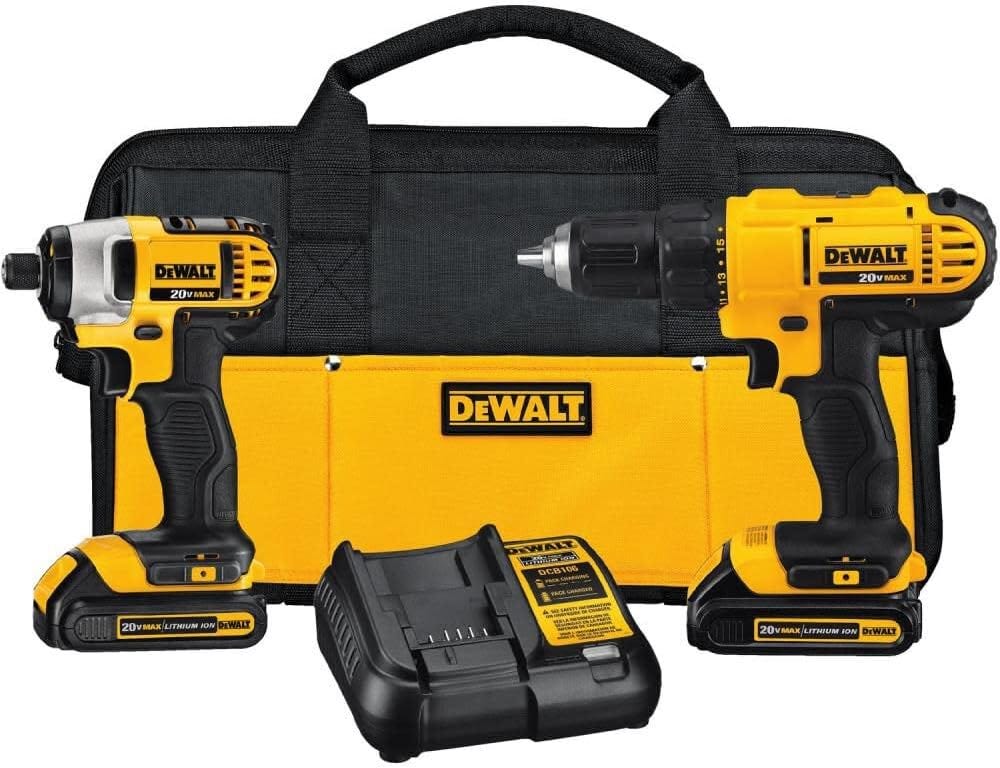
Offer Made:
- Within 24–48 hours, the wholesaler presents an offer, usually a cash price below market value to account for repairs and investor profit. For instance, a $200,000 ARV home needing $60,000 in repairs might get a $100,000-$120,000 offer.
- If cash isn’t ideal, they might propose creative financing (like seller financing or a lease option, detailed later) to give you more flexibility or a higher payout over time.
- The offer is no-obligation, so you can walk away if it doesn’t fit your needs.

Contract Signed:
- If you accept, you sign a purchase agreement with the wholesaler. This contract gives them the right to market the property to their investor network, typically for 30–60 days.
- The contract includes key terms: sale price, closing date, and contingencies (e.g., clear title). Wholesalers often work with title companies to ensure a smooth process.
Investor Steps In:
- The wholesaler markets the property to their buyer list — investors who specialize in fix-and-flips, rentals, or redevelopment. They share details like the property’s condition, ARV, and repair estimates.
- An investor agrees to buy the property at the contracted price plus the wholesaler’s assignment fee (e.g., $5,000-$15,000). The wholesaler assigns the contract to the investor, who then closes directly with you.
- This step is seamless for you — the wholesaler handles the investor coordination.
You Walk Away:
- The deal closes, often in 7–30 days, depending on title work and financing (cash deals are fastest). You receive your agreed-upon payment, minus any mortgage payoff or liens.
- No repairs, no open houses, no stress. You’re free to move on, whether that means paying off debts, relocating, or simply sleeping better at night.

So… What does this actually mean for you as a homeowner?
Basically a wholesale investor has a network of investors, cash buyers, active flippers or landlords, who are looking for a new deal!
This means you can generally sign and close a deal in 7 to 30 days.
The Wholesale investor will act as a “middleman” in this transaction, securing a purchase and sale agreement with you the seller, gaining equitable title and equitable interest as well as legal rights to purchase said property, upon signing an agreement.
The Wholesale Investor will assigning that equitable interest and the original agreement to one of his/hers end buyer, or investor,… who will ultimately take on all responsibilities of the purchase, placed in the original PSA (Purchase and Sales Agreement.)
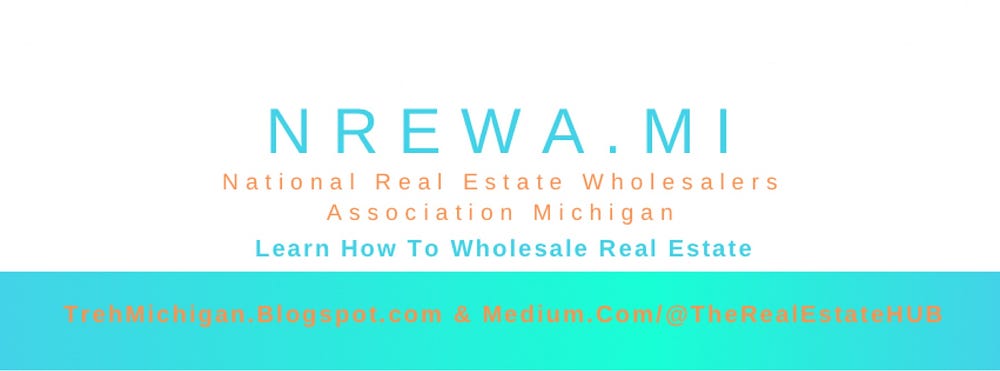
Real estate wholesaling offers a fast, hassle-free way to sell your distressed property — whether it’s facing foreclosure, needs major repairs, or is burdened by problem tenants.
Wholesalers act as middlemen, connecting you with their network of investor buyers (e.g., cash buyers, flippers, landlords) who purchase homes as-is.
They secure a Purchase and Sale Agreement (PSA) with you, the homeowner, gaining equitable title and the right to assign the contract to an investor for a fee (typically $5,000-$15,000), if agreed upon by YOU.
The investor takes on all responsibilities of the PSA, closing the deal in 7–30 days without requiring you to make repairs, pay fees, or endure showings.
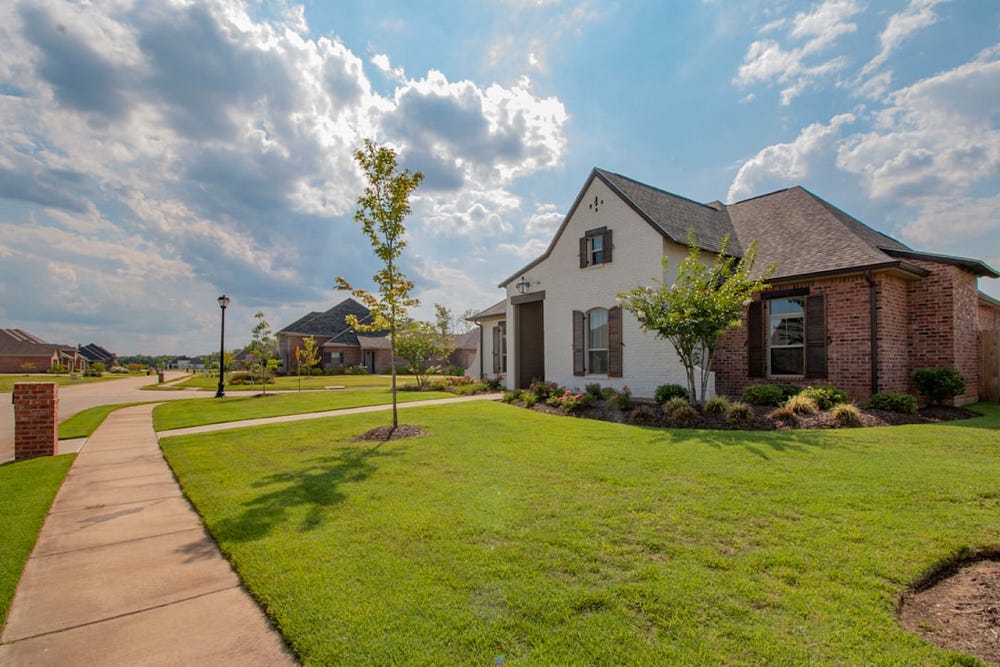
For you, this means a quick exit from a stressful property, often with cash in hand or creative financing options (like seller financing) to maximize your payout.
Wholesalers evaluate your home’s after-repair value (ARV), offer a below-market price (e.g., $100,000-$120,000 for a $200,000 ARV home needing $60,000 in repairs), and handle the investor coordination.
The process is discreet, flexible, and ideal for urgent situations where traditional sales (via agents and the MLS) are too slow, costly, or impractical.
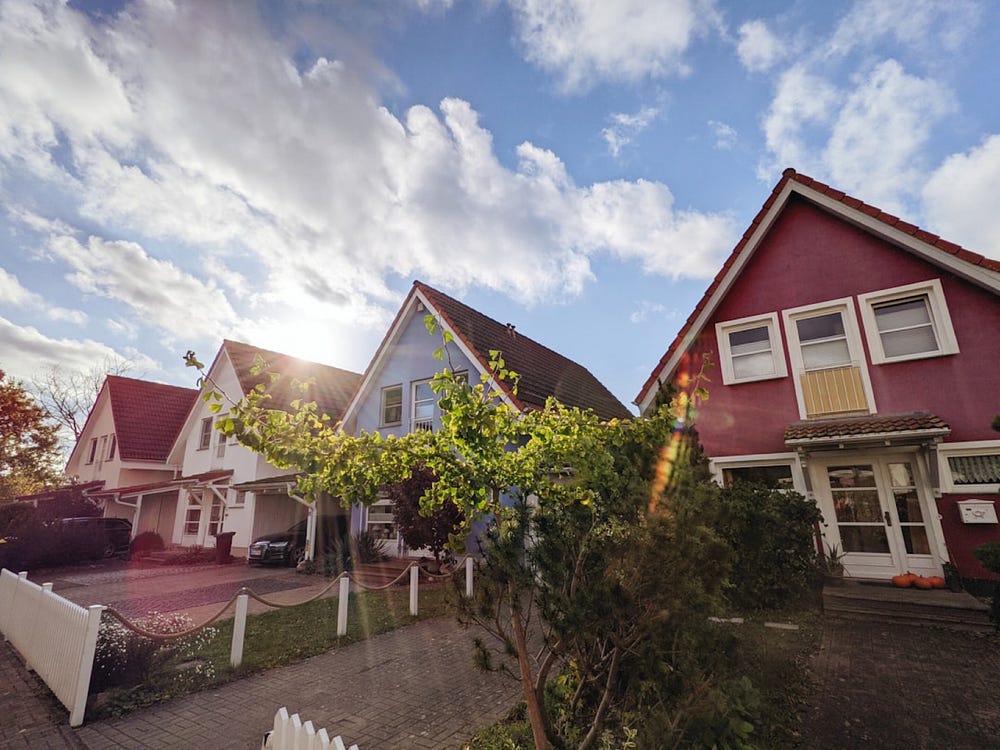
It’s a lifeline to sell your home fast, avoid financial strain, and move on with peace of mind.
And no, they don’t represent you or the end buyer, they are representing their own interest and work put in to secure that contract, what they are selling are/is their rights to purchase, their spot in the contract as the buyer.
This is the common confusion that people have about wholesaling real estate.
https://medium.com/@TheRealEstateHUB/subscribe
So Why Would You Choose a Wholesale Investor Over A Traditional Real Estate Agent?
For move-in-ready homes, listing with a real estate agent and hitting the MLS is a tried-and-true path.

But for distressed properties — think homes with structural damage, cosmetic disasters, or legal entanglements — wholesalers often outshine agents.
Why? Because agents cater to retail buyers who want polished homes, while wholesalers thrive on the “ugly” properties that scare others away.
Rust-Oleum 1692830–6PK Industrial Choice 1600 System Multi-Purpose Spray Paint, 12 oz, Gloss White, 6 Pack $42.35
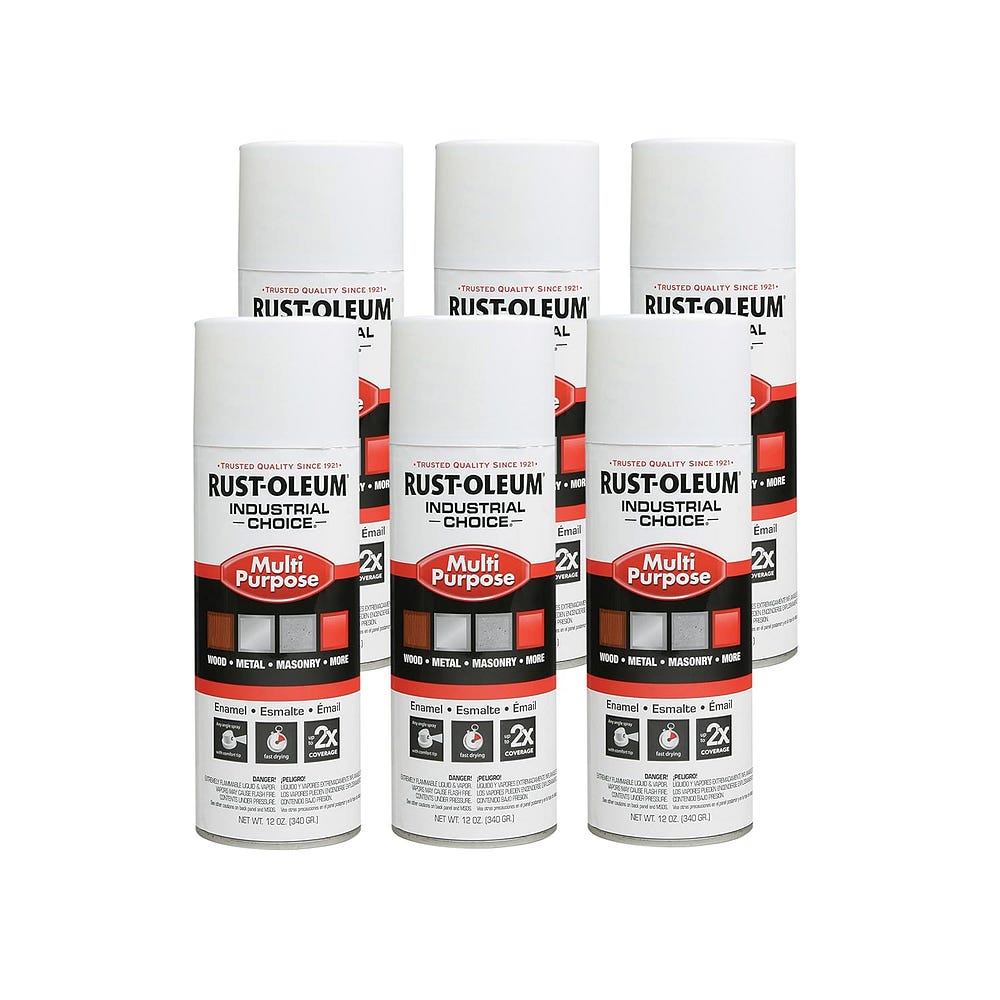
Let’s break down the comparison in detail, including the repair demands agents often impose:
1. Speed of Sale
- Wholesalers: Close in as little as 7–30 days, critical for urgent situations like foreclosure, divorce, or mounting repair bills. Their investor buyers use cash or private funding, bypassing slow bank approvals.
- Agents: Listings can sit on the MLS for 60–120 days or more, especially for distressed homes. Retail buyers rely on mortgage lenders, who require appraisals, inspections, and repairs, dragging out the timeline.
- Example: If you’re 30 days from a foreclosure auction, a wholesaler can save the day; an agent’s timeline might leave you empty-handed.

2. As-Is Sales
- Wholesalers: Accept your home in any condition — mold, termites, missing walls, you name it. They don’t require repairs because their investors plan to fix the property themselves.
- Agents: Often insist on cosmetic or structural repairs before listing to make the home appealing to retail buyers. Cosmetic fixes (e.g., new flooring, fresh paint) might cost $5,000-$15,000, while structural issues (e.g., foundation cracks, outdated electrical) could run $20,000-$50,000+. Even if you list without repairs, buyers or their lenders may demand fixes during negotiations, forcing you to pay up or lose the sale.
- Example: An agent might refuse to list a home with a leaky roof unless you replace it, costing $10,000. A wholesaler takes it as-is, no questions asked.
3. No Fees or Commissions
- Wholesalers: Charge no fees or commissions to you. Their profit (the assignment fee) is paid by the investor, keeping your costs at zero.
- Agents: Charge a 5–6% commission, split between the seller’s and buyer’s agents. On a $200,000 home, that’s $10,000-$12,000 out of your proceeds, even if the home sells “as-is.”
- Example: Selling a $150,000 home through an agent costs $7,500-$9,000 in commissions. A wholesaler’s fee doesn’t touch your pocket.

4. No Showings or Staging
- Wholesalers: Require no cleaning, staging, or open houses. They evaluate the property once and move straight to the deal, saving you time and effort.
- Agents: Expect your home to be show-ready, which means cleaning, decluttering, and possibly professional staging ($1,000-$5,000). For distressed homes, agents may push for cosmetic upgrades (e.g., painting walls, replacing carpets) to attract buyers. If tenants are still in the property, coordinating showings becomes a logistical nightmare.
- Example: A home with broken windows and dated interiors might need $3,000 in staging and minor fixes to list with an agent. Wholesalers skip all that.
5. Flexible Solutions
- Wholesalers: Offer creative financing options (like seller financing or lease options) to maximize your payout or fit your timeline. They tailor deals to your unique situation.
- Agents: Focus on traditional sales, which work best for standard homes and buyers. They rarely explore creative financing, as retail buyers typically want straightforward purchases.
- Example: A wholesaler might let you stay in the home as a renter while selling via a lease option. An agent’s solution is usually “list and sell.”

6. Discretion and Privacy
- Wholesalers: Handle deals quietly, ideal for sensitive situations like foreclosure, divorce, or homes in rough shape. There’s no public listing to attract curious neighbors or stigma.
- Agents: List your home on the MLS, where photos and details are public. A distressed home’s condition (e.g., cluttered interiors, visible damage) is exposed, which can feel embarrassing or attract lowball offers.
- Example: If you’re facing foreclosure, a wholesaler keeps it private. An MLS listing broadcasts your situation to the world.

https://medium.com/@TheRealEstateHUB/subscribe
Disclaimers!: The Real Estate HUB and its affiliates are not Licensed Financial Advisors, Consultants, nor are lawyers or attorneys at law. The Real Estate HUB is also not a licensed broker. Please DYOR and speak to professionals. We claim no responsibility for any financial or legal decisions you make.
More Articles by The Real Estate HUB
Comments
Post a Comment